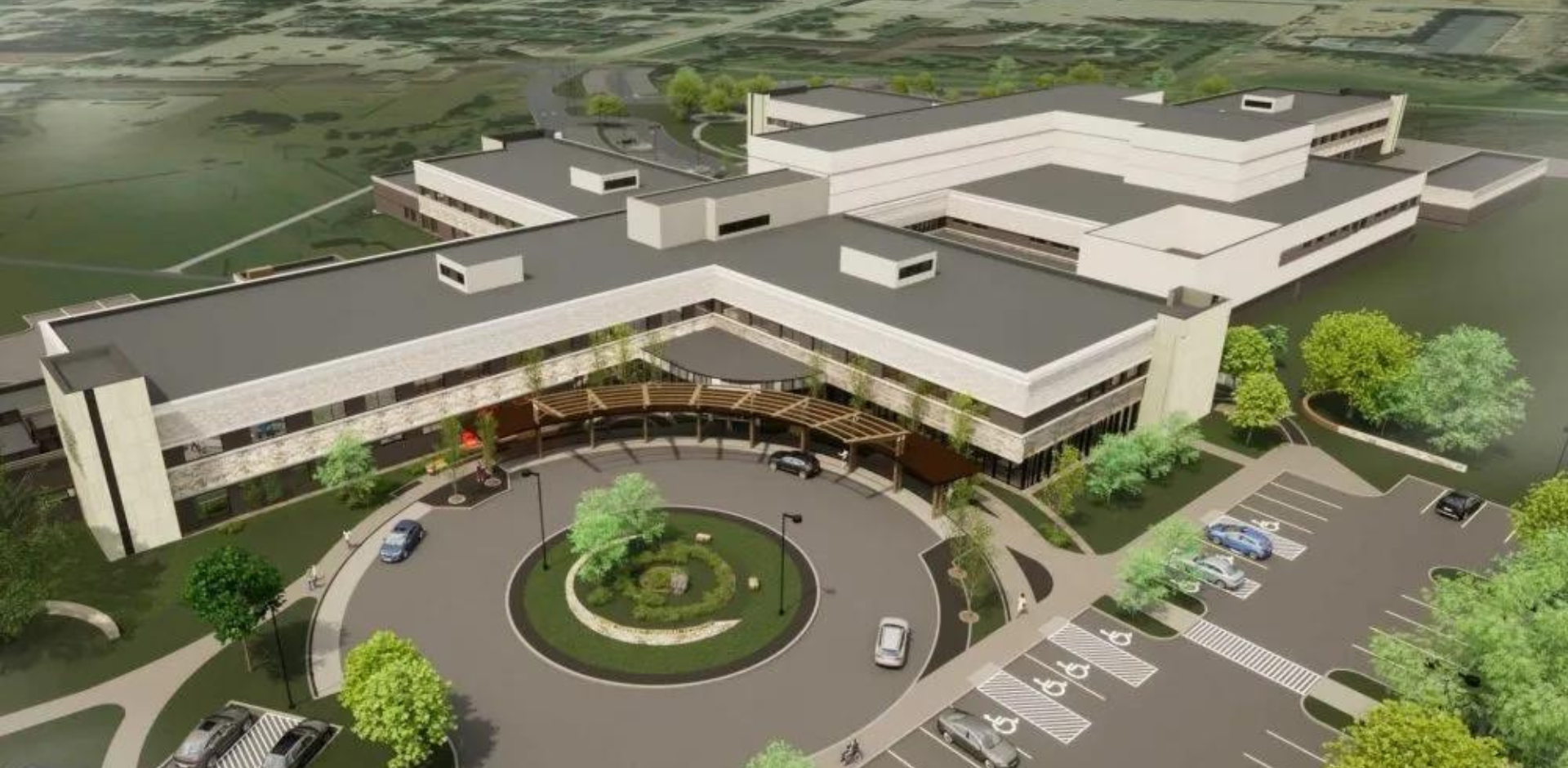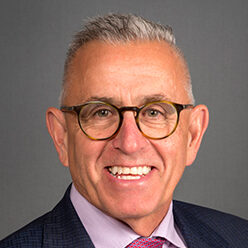BEREZA: Province Must Reconsider Stance on Excluding MRI from New Portage la Prairie Hospital

Jeff Bereza, MLA for Portage la Prairie
“If you build it, they will come.”
That message has been circulating around Portage la Prairie and surrounding communities for months now. But instead of a baseball ‘field of dreams’, what is being referred to is a Magnetic Resonance Imaging (MRI) scanner at the Portage Regional Health Centre currently under construction.
This $455-million healthcare facility, scheduled to open in late 2025 or early 2026, will replace the aging Portage District General Hospital. Since the first shovel hit the ground back in 2022, there has been much made about the fact that an MRI was not part of the plan. As the Progressive Conservative MLA for Portage la Prairie, I agreed with the government’s decision at the time to omit an MRI scanner from its construction plans, because the information from Shared Health Diagnostic Services—that there are only about 3,000 patients from this area needing MRIs each year, which would only support about a 50% usage of an MRI machine and staff—seemed to clearly indicate there was insufficient need for this costly piece of equipment. Patients from Portage would continue to be scheduled for MRIs at other regional health centres in Morden-Winkler, Dauphin, Brandon, and Winnipeg.
However, new information that’s recently come to light tells a much different story about these numbers. It is a story being told by over 30 doctors from Portage Clinic, who sent a letter this spring to the Premier and Minister of Health imploring them to reconsider excluding MRI services from the Portage Regional Health Centre.
The doctors explained that the figure of 3,000 images is only the number of completed scans. What isn’t being considered is how many MRI appointments are missed due to economic and social barriers such as lack of transportation. Many patients, often seniors, simply have no way to get to their MRI appointment, either because they have no ride or no means to pay someone to take them to an appointment hours away.
But this figure isn’t being tracked. Neither is the number of appointments cancelled, rescheduled, or missed due to poor travel conditions between the Portage la Prairie area and the locations mentioned above.
After speaking with the leaders of numerous Indigenous communities around Portage, I’ve become aware that there are also cultural barriers at play. According to the 2016 census, the total population in the Morden-Winkler area, where the Boundary Trails MRI conducts many of the scans from the Portage region, is just over 30,000 people. The total Indigenous population in the area was less than 100 people. PRHC, on the other hand, will feature cultural spaces and services.
Whether it’s seniors without a ride, or an Indigenous person uncomfortable receiving medical care in an area far from their culture, people are going without the diagnostic testing they need.
This isn’t simply about wanting convenience for locals, however. Installing a permanent MRI in the new PRHC would ease the burden on both Winnipeg and northern Manitoba. Grace Hospital, a mere 45-minute drive from Portage on a 4-lane highway, currently has a wait time of 27 weeks for an MRI. Re-directing some of those patients to Portage makes sense. Northern Manitobans have no option but to come south for an MRI, and with Southport Aerospace located mere minutes from the site of Portage’s new regional facility, medevac flights could transport patients much more efficiently—not to mention quickly—than they can to other centres.
According to Manitoba Health, there are nearly 24,000 people waiting for an MRI scan in the province. Even with a new MRI machine running at full capacity in Portage la Prairie (8,000 scans per year), there would remain over 13,000 people on the waitlist. The situation is dire, but it can clearly be alleviated with the placement of a central MRI in Portage la Prairie.
This is not a partisan issue—it is a people issue, and the people have spoken. A petition circulating calling for an MRI in the new PRHC facility now has between 3,000 and 4,000 signatures—that’s 25% of the population of the City of Portage la Prairie.
It isn’t a funding issue either. The Portage District General Hospital Foundation has pledged $5 million toward the installation of an MRI, and has offered to partner with Manitoba Health to make this needed service a reality. There is already a location for the equipment in the plans, along with the electricity needed to operate it. With the new hospital build rapidly progressing, time is of the essence.
The Minister of Health’s mandate letter states their goal is to “make it easier for every Manitoban to access healthcare at every level no matter where they live.” If this is really the goal, the Government of Manitoba must partner with the Portage District General Hospital Foundation and make this MRI a reality. When I’ve called for the Minister of Health to consider this, the response and message has been that it was not in the original plans.
Today the Premier and Minister have plenty of reasons to reconsider and give Portage la Prairie and surrounding communities access to these diagnostic procedures closer to home.
If we build it, they will come.
You can sign my petition to support bringing an MRI machine to Portage la Prairie at pcmbcaucus.com/PortageMRI.
-30-

Jeff Bereza is the MLA for Portage la Prairie and Progressive Conservative Critic for Agriculture.
For media inquiries, please contact PCCaucus_Media@leg.gov.mb.ca